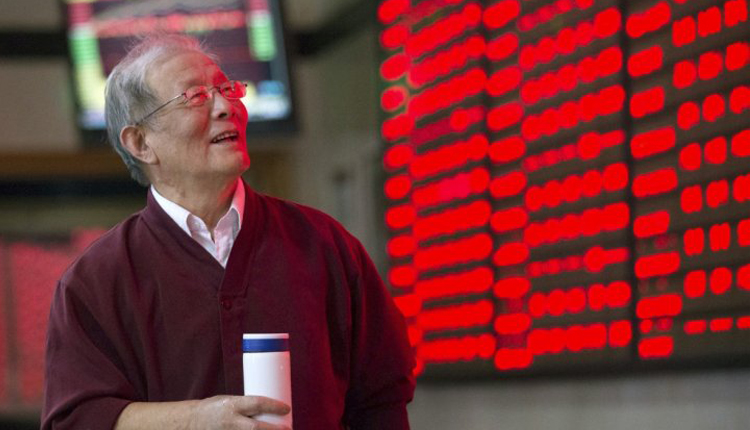Slight gains seen during the U.S. session failed to translate into an advance in Asian stocks on Tuesday, with major markets in the region trading below the flat line.
The Nikkei 225 hovered around the flat line, last trading higher by 0.07 percent, while the Topix advanced 0.06 percent. Banking stocks led the move higher, with Mitsubishi UFJ Group up 1.72 percent ahead of earnings due later. Steelmakers also mostly advanced.
Over in Seoul, the benchmark Kospi declined 0.62 percent as technology stocks weighed. Heavyweight Samsung Electronics fell 1.6 percent while chipmaker SK Hynix gave up early gains to slide 1.64 percent
In Hong Kong, the Hang Seng Index lost 0.9 percent after notching its sixth straight session of gains on Monday. Heavily weighted financials and technology shares were a drag on the benchmark, with Tencent down 2.43 percent.
Mainland markets gave up slight gains but were steady for the most part as investors digested the release of mixed China data: The Shanghai composite slipped 0.22 percent and the Shenzhen composite edged down by 0.12 percent.
Meanwhile, MSCI on Tuesday announced that 234 China A shares will be added to its indexes on June 1.
In Sydney, the S&P/ASX 200 eased 0.47 percent, with declines seen in all but the information technology subindex. Telecommunications stocks traded lower as Telstra fell 4.28 percent after its profit warning on Monday.
MSCI’s broad index of shares in Asia Pacific excluding Japan was lower by 0.8 percent in Asia afternoon trade.
The broad move lower in major Asian markets followed a positive session on Wall Street, with U.S. stocks finishing slightly higher as investors focused on U.S.-China trade ties ahead of a second round of negotiations expected this week.
Of note, the yield on the benchmark 10-year U.S. Treasury note stood at 3.019 percent during Asian trade, after topping the 3 percent level in the last session.
Commerce Secretary Wilbur Ross on Monday said he hoped good relations between Trump and Xi would help to bring an agreement on trade matters, although he also acknowledged that the gap between the countries “remains wide.
That followed a tweet from President Donald Trump on Sunday about working to find a way for Chinese telecommunications equipment company ZTE “to get back into business, fast.” That pledge comes after the U.S. government imposed a ban on U.S. companies on supplying ZTE with technology after the Chinese firm was found to have illegally shipped equipment to Iran.
Amid optimism that negotiations between the two countries, some analysts highlighted broader uncertainty regarding trade-related news flow.
“[I]t’s all still very much a work in progress,” David de Garis, director of economics at National Australia Bank, said in a note
Declines in the region also followed the broad mover higher seen in the last session, with Hong Kong’s Hang Seng Index leading the advance. The benchmark closed up 1.35 percent on Monday.
Meanwhile, oil prices were steady after gains seen in the last session as OPEC raised its global oil demand estimate for the year. U.S. West Texas Intermediate crude futures added 0.11 percent to $71.04 per barrel and Brent crude futures ticked higher by 0.12 percent to trade at $78.32.
In individual movers, AAC Technologies fell 5.96 percent after the company on Monday announced first-quarter net profit that missed expectations.
Source: CNBC
